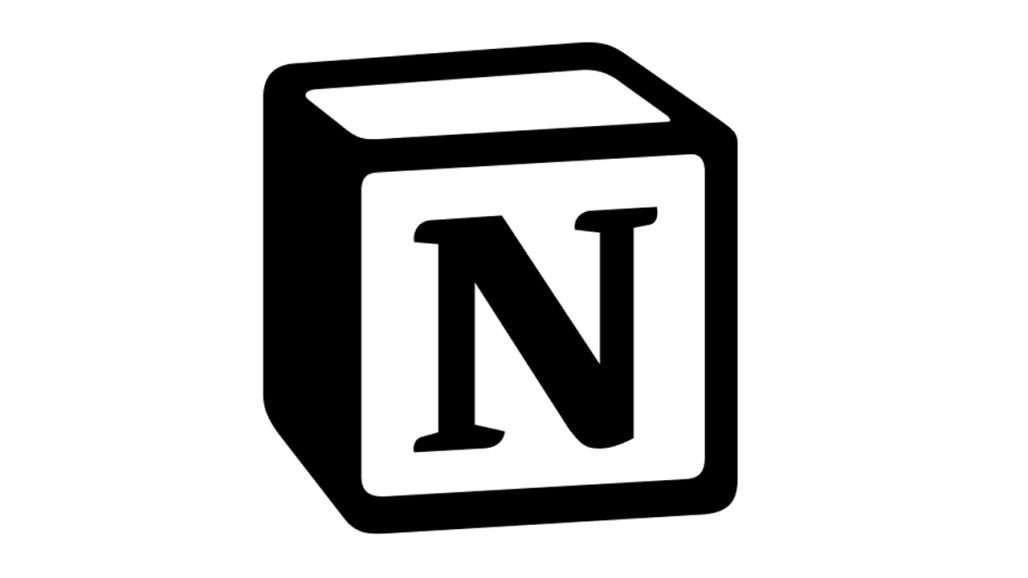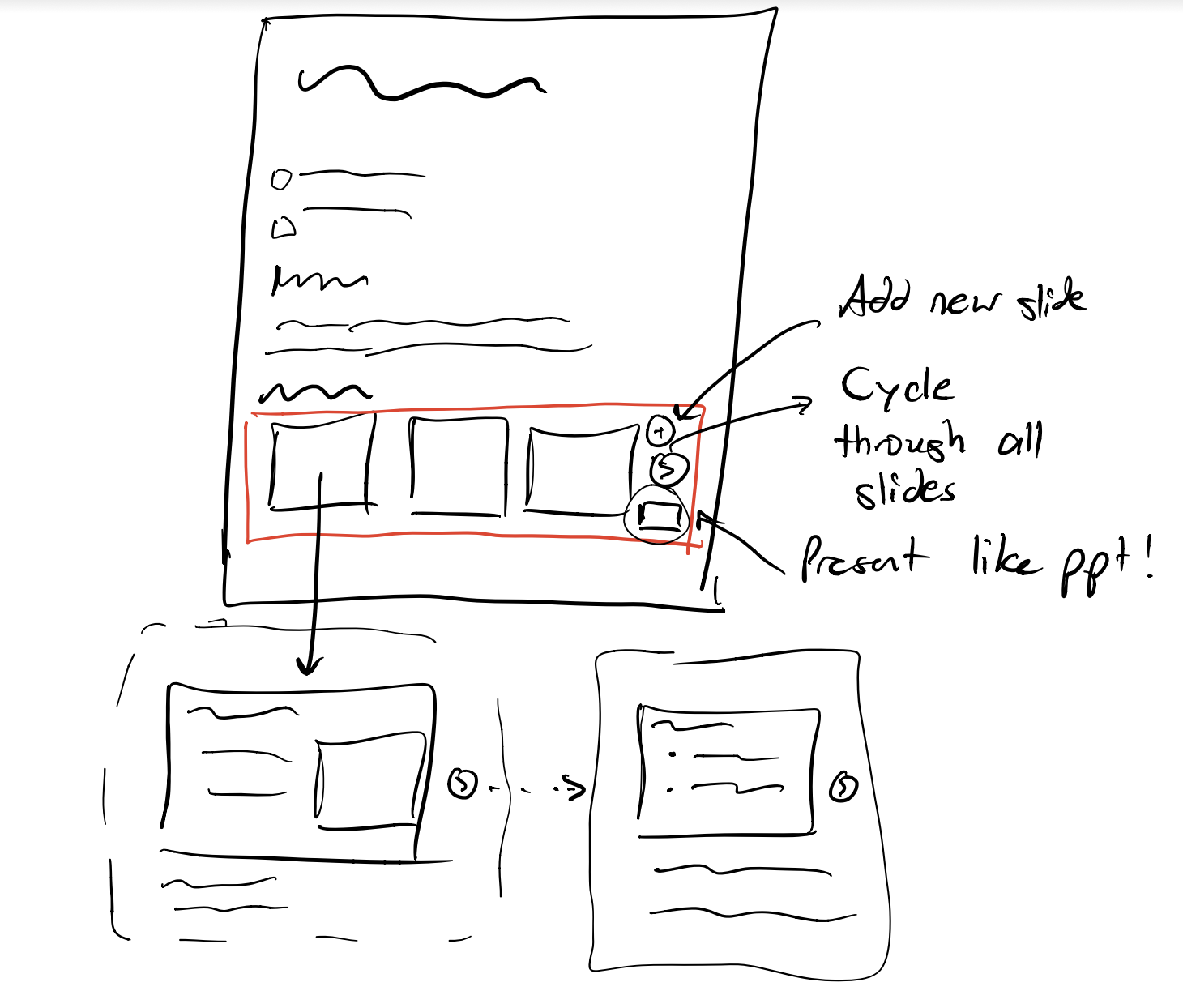
If there is one product that has taken the world by storm in 2020, it has to be Notion. For those who haven’t heard of Notion, it is deemed as the ‘all-in-one workspace’ for the next generation. I have personally used Notion for personal notes and extracurrriculars and have quite enjoyed its layout. I am currently mulling whether I want to fully convert my workflow onto Notion, but that is still in the air.
In this post, I want to discuss the following:
- The rise of Notion
- Why is Notion so hyped?
- Challenges
- Product recommendations
The Rise of Notion
Notion started off in 2016 with Ivan Zhao. Zhao is a designer and his philosophies has found its way into every nook and cranny of Notion. For example, Zhao has always stressed the use of design permutations: for every user flow, Zhao constantly iterates on design elements until he was confident that he had fully optimized the design.
Such a design-centric platform that housed everything that anyone could need for a workspace was the reason why Notion started to take off in 2016. After listing Notion on Product Hunt, users were raving about the product. Zhao and the Notion team quickly built new features based on user feedback, such as:
- Block commenting
- Keyboard shortcuts
- iOS platform
However, the team wasn’t finished. 2018 marked the release of Notion 2.0, where the product was raised to a whole different level. Although the product gleamed with a sleek and light design, it was made robust to handle many of the important user tasks. That was an important step. Soon after, Notion recieved a huge spike in demand and VC’s were clamouring to fund the startup. However, Zhao continue to focus on his product without caring much about investments.
2018 also marked the year of strengthening the relational databases of Notion. This really emphasized the underlying power of the platform, which had so far been disguised by the minimalist design. Since then, Notion has added several integrations (Evernote, a direct competitor, is now integrated into Notion) and has maintained steady user growth.
As of 2019, Notion had about 1 million users. I would not be surprised if Notion had close to 1.5 million as of May 2020.
Notion’s Hype
What is most astounding to me about Notion is its crazy growth: I have never heard of Notion before September 2019; now it seems like almost all of my peers are using it.
Notion’s hype really distills down to the following points:
- Design-centred platform: The painstaking details that Zhao and the rest of Notion team has put into the product is evident. Almost every single flow seems to have the user designed in mind. Their singular focus on the user has made Notion an intuitive tool. Others in this space, like Evernote, are nowhere near the natural behavior that Notion is able to capture. Many of my friends often say that they have fun using Notion. That is incredible, especially for someone that’s using a SaaS application.
- Integrations: I recently read an article about the importance of ecosystems in SaaS products. The main takeway was that your product shouldn’t be a silo; it should integrate with other products and make it more valuable. This general principle can be applied to Apple, where it experienced huge sales growth when it integrated third-party apps in the app store. If we look at Notion, we see the same thing. Integrations with Google Docs, Slack, Evernote and more make it incredibly easy for the user to integrate Notion with their existing workflows. I would say this is one of the main reasons why Notion has been able to attract so many users: having integrations with existing services makes it incredibly easy to join the product as well as using other products alongsides Notion. Furthermore, it provides an excellent way to compare one product to another. Zhao and his team are almost confident that having access to different products within Notion will not deter users; rather, it will draw users ever more tightly to Notion.
- Students: There has been a significant lack of products that can deal with the busy and structured life of students. Notion knew this. With its unique product offerings, it’s a no brainer for students that are looking for productivity tools. Take the example of Notion’s website builder, making it easy to publish content and create a personal portfolio. In a smart business move, Notion started to offer its products for free to students. This doesn’t make a lot of sense at face-value: students probably use Notion the most compare to other user groups and Notion would be losing out on huge earnings. However, this is a long-term strategic move: by normalizing students to the workflow of Notion, they become life-long users. They are building product dependence. This strategy only works if Notion continues to provide unparalleled features that would prevent students from switching to other platforms.
Challenges
It’s abundantly clear that Ivan Zhao has a long-term vision of changing the fundmantal way we work by creating a central, robust and dynamic hub like Notion. In order for the Notion team to achieve this goal, they will need to address the following:
- Collaboration: Notion has been making a corporate push. If we look at their pricing plans, they even have a custom plan specifically for entreprise clients. Unlike the other use cases of Notion, collaboration is absolutely essential in an enterprise scenario. While Notion has made some progress by introducing integrations with IM services like Slack, there is much more Notion needs to perfect to become a collaboration powerhouse.
- Enterprise needs: There are several other needs that Notion will need to look at when it comes to building an enterprise-worthy product. For example, commonplace tasks like presentations are hard to implement in Notion.
- Reliance on integrations: the ecosystem agrument that I talked about earlier is actually much harder to implement than in theory. The point at which we have a product dependent on other products is where the product has essentially failed. Notion is walking on a very thin line: it hasn’t fallen to dependence yet. The only reason why Notion hasn’t fallen is because its unique user design and experience is unparalleled
Product Recommendations
I want to focus on the enterprise group for Notion. While consumers are an important market segment for the company, the real money in this world comes from companies. Furthermore, enterprise should be at Notion’s front-of-mind if it wants to revolutionize our workspaces. Let’s first analyze what are the user needs for enterprise customers.
- Communication with clients and colleagues
- Create and collaborate on documents, spreadsheets and presentations
- Handling customer requests and complaints
- Human resource needs:
- Payroll
- Timesheets
- Sales needs:
- Lead generation and qualification
- CRM
- Maintenance needs:
- Error logs
- Continuous integration and testing
If we look at Notion’s unique strengths, we can see that it pretty much covers HR and sales needs with its semi-powerful spreadsheets. Maintenance needs, customer handling and intra-company communication are out of focus for Notion. That leaves collaboration and documents, spreadsheets and presentations.
In those areas, Microsoft’s Office 365 suite and Google’s Drive suite are the main competitors. Let’s look at user painpoints with these particular products.
- Google spreadsheets are not powerful enough for many office tasks
- Collaboration on Microsoft Office 365 is terrible: we cannot see where someone else is typing
- Sharing documents: this used to be annoying in Microsoft Office, but their recent improvements on OneDrive has made it easier to use. Google has done an excellent job with document sharing, but the constant link sharing and editing permissions can be annoying at times
- Presentation UI: I don’t think anyone has totally perfected the presentation UI yet. For example, integration of other medias can be annoying in Powerpoint of Google Sheets
Note: neither Google nor Microsoft has perfected code collaboration (VSCode has released Live Share, so Microsoft is slowly picking away at this problem). I was thinking of listing this as another painpoint, but this doesn’t fit Notion’s target market for general-use workers.
Based off these painpoints, here are some recommendations that I would make:
- Presentation block: You can see an extremely quick low-fidelity wireframe of my idea. Essentially, the user has the option to create a presentation block, which instantly populates to 10 slides. Rather than having pre-set templates, the user can arrange content however they like! Integration with Markdown and pre-existing Notion blocks would work quite well.
- Dashboard block: For enterprise customers, it would be useful to graph or visualize the data that they have collected via spreadsheets. Notion would be in a unique position to create some outstanding visuals given that it a lot of design expertise. By having a Dashboard block, users will simply have to connect to a pre-existing database, choose the features they want to graph, and Notion would automatically create an awesome dashboard. I see this being used for consumers as well; dashboards would be amazing to track my progress in the gym, my budget and more
- Modelling: many enteprises use their databases to create regression models, run Monte Carlo simulations or run statistical tests. This is something that Notion cannot do well right now. If Notion is serious about enterprise, it needs to upgrade the firepower of the database. Pretty UX is not going to cut it for enterprise customers
Some of the painpoints that I have mentioned has already been addressed by Notion. For example, the concept of workspaces prevents annoying share links between Google Docs.

Strategic Recommendations
Notion is in a very unique spot and could very well be the productivity heavyweight if it plays its cards right. From my readings from 7 Powers, I have noticed that Notion could do the following:
- Scale economies: Notion has established itself as a design-centric platform, but that is something that can be easily copied given enough time and effort. While other software products are playing catch-up, Notion should try to get this software on everyone’s computers as fast as they can. A particularly interesting strategy is to focus on enterprises and get small companies to switch over to the Notion ecosystem. By doing so, workers will quickly realize the utility of Notion outside of the workplace and bring it to their homespaces. That should be the ultimate goal
- Switching costs: I think Notion has done an excellent job in creating switching costs. For people to transistion from Notion to other platforms requires a downgrade in user experience and potentially a lost in data. I have seen people complain online how Notion doesn’t allow exports, but this is exactly what they should do. Make it difficult for users to escape.
- Counter-positioning: To put it simply, Notion has the ability to completely overthrow the dominance of Google Drive and Microsoft OneDrive. It needs to move fast and continue to create differential advantages through its superior UX design. I would suggest to Notion to wean itself off integrations and find ways to create superior docs, spreadsheets and presentations natively on Notion. Notion has a short opportunity to pull the rug from undeneath Google and Microsoft; it needs to be bold and quick to take full advantage of their timing.